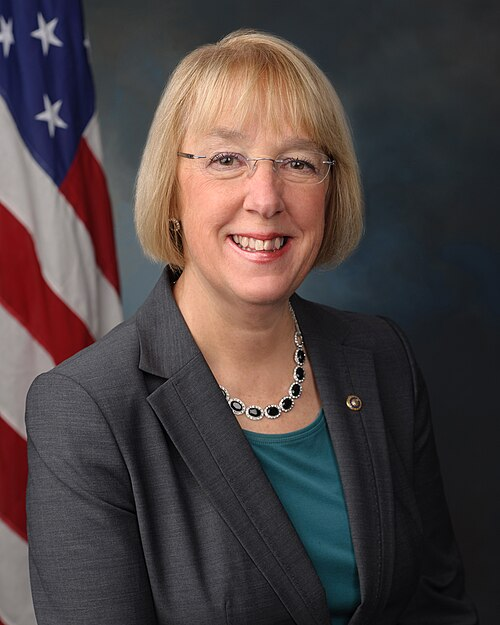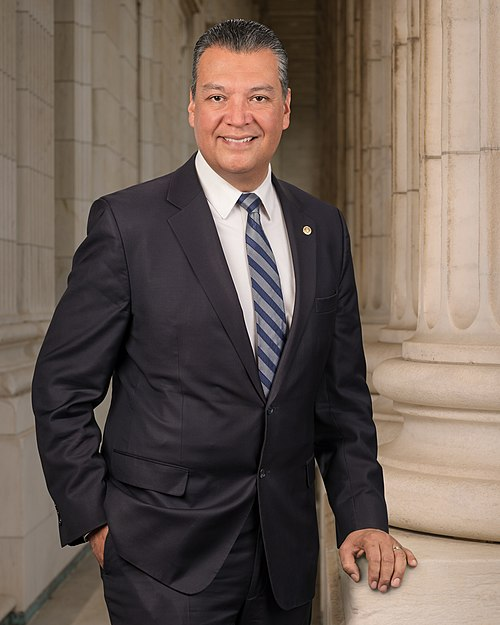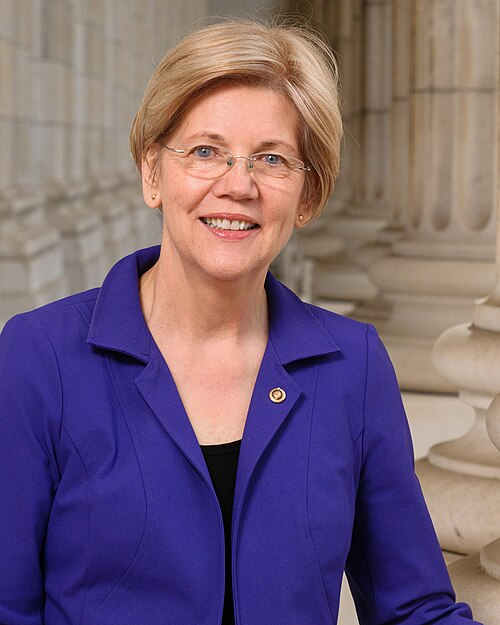S. 2149: Health Equity and Access under the Law for Immigrant Families Act of 2025
This bill, known as the Health Equity and Access under the Law for Immigrant Families Act of 2025, aims to improve access to health insurance coverage for immigrants and their families in the United States. Below are the key points of the bill:
Purpose
- Ensure that all individuals who are lawfully present in the U.S. can access all federally funded health care programs.
- Improve opportunities for undocumented individuals to obtain health insurance through the exchanges established by the Affordable Care Act.
- Remove the ability of states to limit Medicaid eligibility for lawful permanent residents.
- Eliminate other barriers to Medicaid, CHIP, and other medical assistance programs.
Removing Barriers to Health Coverage
Medicaid
The bill amends Medicaid regulations to:
- Provide medical assistance to lawfully residing individuals who meet the eligibility criteria set out by state plans.
- Prevent debts from accruing against sponsors of individuals receiving medical assistance.
- Redefine eligibility to include individuals with pending applications for deferred action or other federally authorized presence.
CHIP
Amends provisions of the Children’s Health Insurance Program (CHIP) to align with the changes made for Medicaid eligibility.
Effective Date
The changes typically would go into effect on the date the bill is enacted, with specific provisions applying to services rendered after a 90-day transition period.
Health Insurance Coverage Consistency
The bill states that all individuals granted federally authorized presence in the U.S. will be considered as lawfully present for health insurance eligibility purposes, including:
- Eligibility for enrollment in health insurance exchanges.
- Access to reduced cost-sharing options.
- Eligibility for premium subsidies.
- Access to Medicaid and CHIP.
Removing Citizenship and Immigration Barriers
The bill also aims to eliminate restrictions in existing laws that prevent noncitizens from accessing premium tax credits, cost-sharing reductions, and other healthcare benefits due to their immigration status.
State Options for Medicaid and CHIP
- States would have the option to expand Medicaid and CHIP to include individuals without lawful presence, if those individuals would qualify as low-income children or pregnant women if they were citizens.
Preserving Access to Coverage
The bill ensures that lawfully present noncitizens who do not qualify for full Medicaid benefits can still access credits for which they are eligible under existing tax and Medicaid laws.
Medicare Access
Changes would be made so that individuals who are lawfully present can access Medicare benefits without being labeled as “aliens.”
Relevant Companies
- UNH (UnitedHealth Group): Changes in health care eligibility and coverage may result in a larger subscriber base, affecting the company's insurance products.
- AET (Aetna): Similar to UnitedHealth, expanded access to health coverage may increase Aetna’s pool of members, impacting their financials and services.
- CI (Cigna): Enhanced Medicaid and health insurance opportunities for immigrants might create new markets for Cigna's insurance products.
This is an AI-generated summary of the bill text. There may be mistakes.
Sponsors
10 bill sponsors
-
TrackCory A. Booker

Sponsor
-
TrackRichard Blumenthal

Co-Sponsor
-
TrackMartin Heinrich

Co-Sponsor
-
TrackMazie K. Hirono

Co-Sponsor
-
TrackTim Kaine

Co-Sponsor
-
TrackEdward J. Markey

Co-Sponsor
-
TrackPatty Murray

Co-Sponsor
-
TrackAlex Padilla

Co-Sponsor
-
TrackBernard Sanders

Co-Sponsor
-
TrackElizabeth Warren

Co-Sponsor
Actions
2 actions
| Date | Action |
|---|---|
| Jun. 24, 2025 | Introduced in Senate |
| Jun. 24, 2025 | Read twice and referred to the Committee on Finance. |
Corporate Lobbying
0 companies lobbying
None found.
* Note that there can be significant delays in lobbying disclosures, and our data may be incomplete.
































